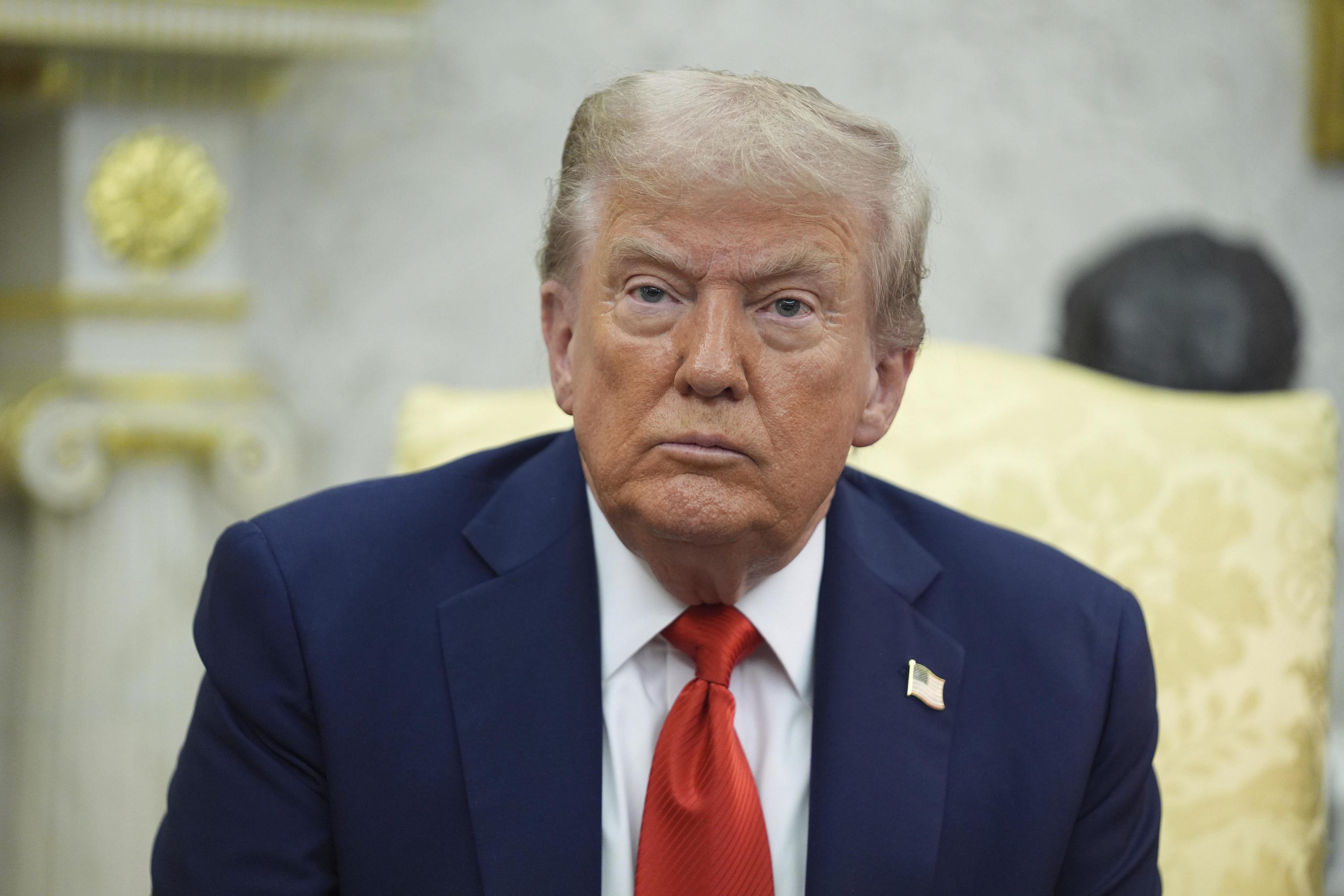Harvard University has won the first legal battle against the Trump administration this Wednesday. The decision by Judge Allison D. Burroughs, from a Federal Court in Massachusetts, is not the end point, but it puts the world's most prestigious and wealthy university in a more favorable position to reach an agreement with the Government. "It is difficult to conclude anything other than that the defendants used antisemitism as a smokescreen for a selective and ideologically motivated attack against the main universities in this country," the ruling states. The pressure measures were "unconstitutional retaliation, conditions, and coercion," it concludes. The decision can be appealed and could end up in the Supreme Court if there is no agreement between the parties.
Harvard turned to the courts after Trump ordered freezing billions of dollars from the federal budget, previously committed, to bend the institution. There were dozens of similar cases, from large and small universities, Ivy League and modest ones, and most ended up yielding to the president, who under the noble pretext of fighting antisemitism has attacked all progressive strongholds, but also some conservatives.
Centers like Columbia, for example, agreed to pay up to 200 million as a toll to settle disputes. Brown paid 50, and the Department of Justice is asking UCLA for 1 billion. Trump wants Harvard to pay more, and in July there were reports that the university was willing to put up to 500 million dollars on the table, a true fortune. But not without clear guarantees that there would be no further assaults on its independence. A very high price, not only in monetary terms.
In the lawsuit, the parties requested that the Court take an initial position. Oral arguments were heard, and the parties provided all the documentation they deemed necessary, but there was no actual trial. The Government's attempts to have the judge, who clearly showed in the hearings that she did not understand the arguments for cutting funds from scientific programs by appealing to little effort against racism, replaced and the case ended up in a technical court in the capital failed. "These actions have endangered decades of research and the well-being of all those who could benefit from such research, in addition to reflecting a contempt for the rights protected by the Constitution and federal laws," today's decision states.
The fight for and against Harvard was and is the most political and symbolic. The White House not only demanded that the institution review its policies to combat discrimination against Jews but also abandon equality and diversity policies, affirmative action, and provide federal security agencies with all information about its international student body. The Executive not only cut funds but also sought to cancel visas for all international students, who represent a very significant percentage. And it demanded the ability to audit all internal accounts, sought to force a total change in admissions policy and even in the ideological balance of the faculty, which is mostly progressive and not conservative.
Harvard began negotiating, but unlike other educational institutions, it turned to the courts. And it did so not only by appealing to contracts for hundreds of research and development programs but also to the First Amendment, which regulates freedom of speech, and claiming that the Executive was not respecting legal procedures and was violating the guarantees provided in the Constitution.
"It is necessary to fight against antisemitism, but we must also protect our rights, including the right to freedom of speech, and neither should be sacrificed for the other," wrote Judge Burroughs in the ruling, an over 80-page document. "Harvard is, albeit belatedly, taking the necessary steps to combat antisemitism and seems willing to do even more if necessary," the text says. "Now it is the task of the courts to act similarly, safeguard academic freedom and freedom of speech, as required by the Constitution, and ensure that important research is not unduly subject to arbitrary and procedurally deficient grant cancellations, even if doing so risks the wrath of a Government committed to its agenda, whatever the cost."
